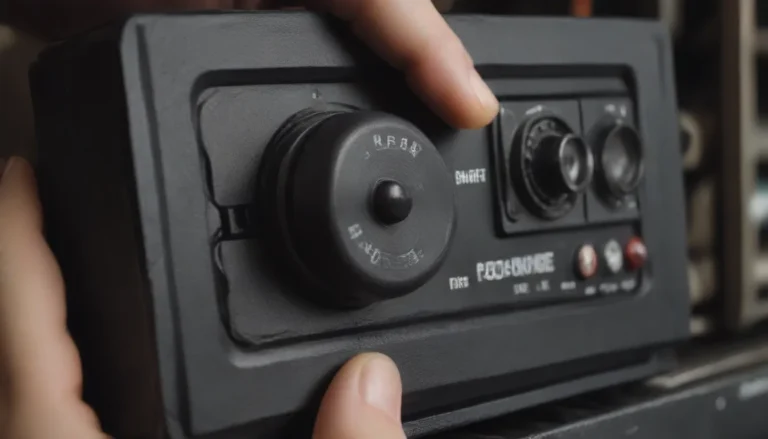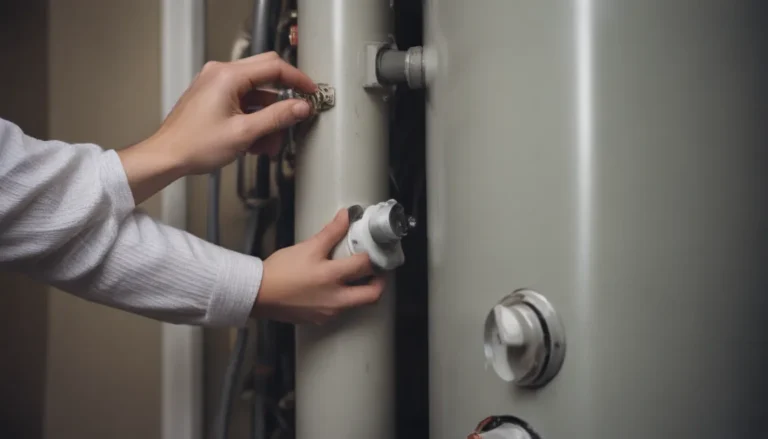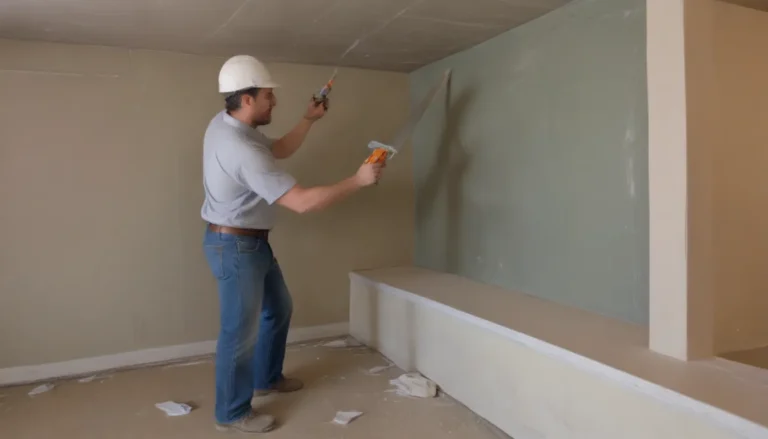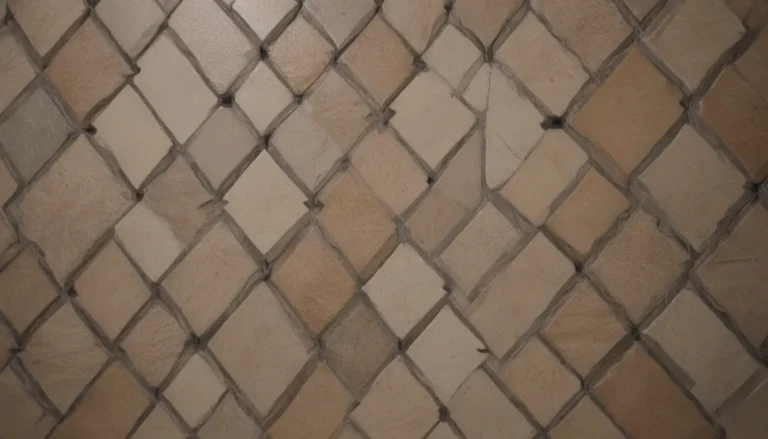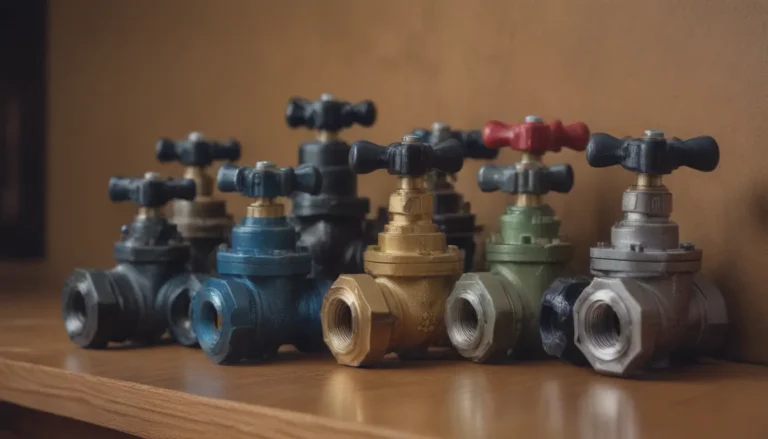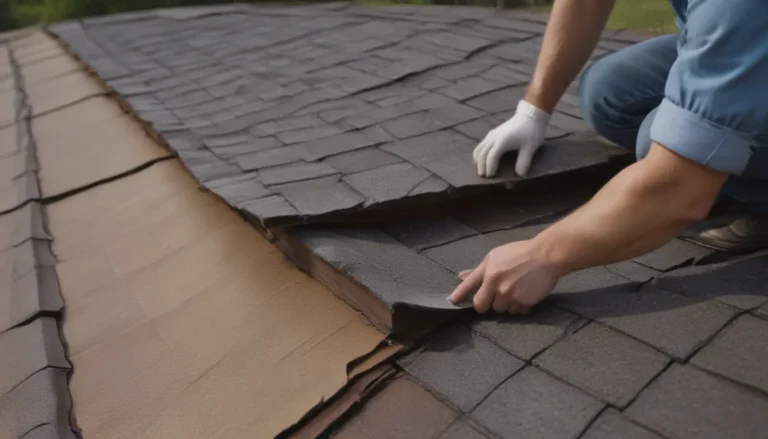Troubleshooting Guide: What to Do When Your Hot Water Isn’t Getting Hot Enough
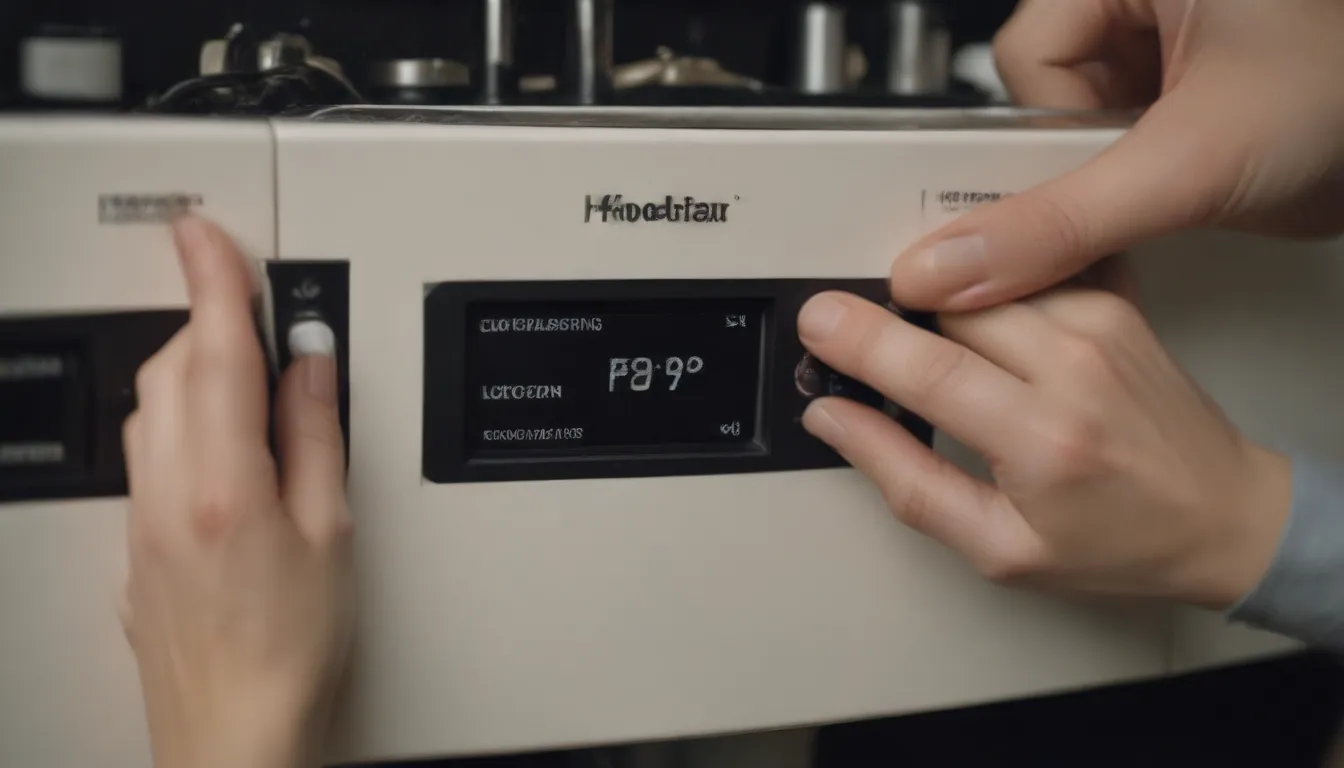
Are you tired of lukewarm showers and ineffective washing due to insufficient hot water? It’s time to address the issue and regain the luxury of hot water in your daily routine. Dealing with inadequate hot water isn’t just about comfort; it’s essential for effectively cleaning dishes, clothes, and other items that require warm or hot water. If you’re not sure how to diagnose and fix the problem, you may need to seek help from a professional plumber. However, if you’re a seasoned DIYer, you might be able to tackle the issue yourself depending on the root cause. Keep reading for valuable tips on what to do when your hot water isn’t getting hot enough.
Check and Adjust the Thermostat
- One of the first steps to take when your water temperature isn’t up to par is to inspect the thermostat on your hot water tank.
- Many people overlook the fact that the hot water tank has a thermostat that can be adjusted and accidentally changed.
- Make sure to check the thermostat and adjust the temperature accordingly, but avoid setting it above 120ºF to prevent scalding.
- If adjusting the thermostat doesn’t resolve the issue, it may indicate a faulty or broken thermostat, requiring assistance from a professional plumber or hot water tank technician.
Tripped Hot Water Tank Breaker
- Electric hot water tanks utilize heating elements powered by electricity, making them susceptible to tripped breakers or blown fuses.
- If you notice a sudden change in water temperature, there might be a tripped breaker or blown fuse causing the issue.
- Simply flipping the breaker back on or replacing a blown fuse can often solve this problem.
- If the breaker continues to trip or the water heater doesn’t restart, it may indicate a more significant electrical malfunction that needs professional attention.
Unmanageable Hot Water Demand
- Household activities that require a large amount of hot water simultaneously can exceed the capacity of your hot water tank.
- Consider investing in a tankless hot water heater that heats water on demand to meet high usage needs.
- If your current hot water tank is too small for your home’s demand, upgrading to a larger tank or switching to a tankless system may be necessary.
Sediment Build-Up
- Hard water can lead to sediment accumulation at the bottom of your hot water tank, reducing heating efficiency.
- Regular maintenance, such as draining and flushing the tank, can help prevent sediment build-up.
- DIYers with experience can tackle this task, but it’s advisable for inexperienced homeowners to seek assistance from a plumber or hot water heater technician.
Leaking Hot Water Tank
- A leaking hot water tank not only reduces water temperature but also poses a risk of injury and property damage.
- Turn off the water supply to the tank, and promptly contact a professional plumber or technician to address the leak.
- Use caution during cleanup to avoid burns from hot water, and be prepared to catch and contain any leaking water.
Damaged or Displaced Dip Tube
- The dip tube in a hot water heater directs cold water to the bottom of the tank for heating.
- If the dip tube is damaged or displaced, it can disrupt the heating process, resulting in lukewarm water.
- Contact a plumber or technician to repair or replace the dip tube for optimal hot water temperature.
Broken Gas Valve
- Gas-powered hot water tanks rely on a functioning gas valve to heat water effectively.
- A faulty gas valve can result in inadequate heating and lukewarm water. Contact a professional for gas valve repair or replacement.
- If you detect a gas leak (sulfur or rotten egg smell), evacuate your home immediately and contact emergency services.
Warning: If you suspect a gas leak, evacuate your home and contact emergency services immediately.
Faulty Heating Element
- Heating elements in a hot water tank can deteriorate over time, leading to inefficient water heating.
- Contact a plumber or technician to inspect and replace damaged heating elements for optimal hot water temperature.
Worn out Water Heater
- Hot water tanks typically last 8 to 12 years on average, and ongoing issues may indicate the need for a replacement.
- Consider upgrading to an energy-efficient tankless water heater, which offers long-lasting performance and resolves hot water problems.
- Consult a professional plumber or technician for hot water tank replacement and installation.
By following these troubleshooting tips and seeking professional help when needed, you can resolve hot water issues and enjoy the comfort of hot water for your daily activities. Don’t let lukewarm water disrupt your routine – take proactive steps to ensure your hot water system functions effectively and efficiently.
Citations:
– Avoiding Tap Water Scalds. U.S. Consumer Product Safety Commission.
– Tankless Water Heaters vs. Storage Tank Water Heaters. Consumer Reports.
– Furnaces and Boilers. United States Department of Energy.
